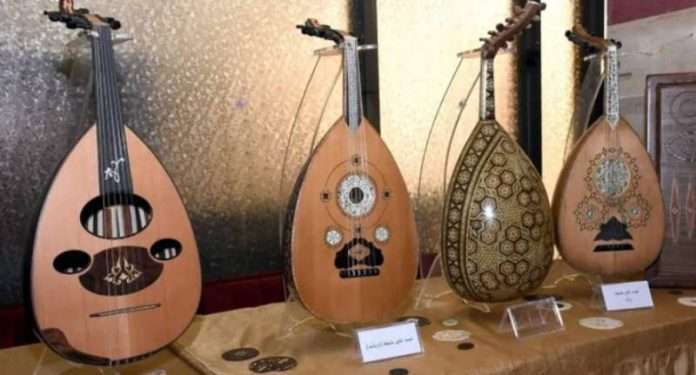The United Nations Educational, Scientific and Cultural Organization (UNESCO) has included the Syrian Oud on its list of intangible cultural heritage, due to its unique sound and hand-crafted curves made with great precision.
Although the oud is found throughout the region, the Syrian oud is known for its pure tones and unique, harmonious sounds, reports Al-Rai daily.
Tony Tawil, one of the oud makers, said, “There are many composers who rely on the oud in their melodies. They do not use any other instrument except the Syrian oud, because it allows playing more than two hundred maqam, as it presents the full mark, half of the mark, and a quarter of the mark.”
However, the oud industry was severely affected by the Syrian war and the economic crisis, in the years that followed the war, with the decline in demand for musical instruments.
Ali Khalifa, the owner of a stick-making workshop in Damascus, explained that in addition to the decline in demand, the significant increase in prices due to the expensive raw materials prompted customers to refrain from buying.
Khalifa said, “We depend on the internal market, and the purchasing power is very weak, and it is not commensurate with the prices, and this practically means that the price of oud has increased by about 20 times, and the reason for this is the high cost prices.”
With the oud included in UNESCO’s list of intangible cultural heritage, the Syrian Trust for Development will cooperate with the International Organization for the Support of Artisans in promoting and selling their products in order to preserve the industry.
Rasha Barhoum, an executive assistant for the Living Heritage Program of the Syrian Trust for Development, said that work on this project began in 2018, then the file was submitted, and it was included at the end of 2022.

















